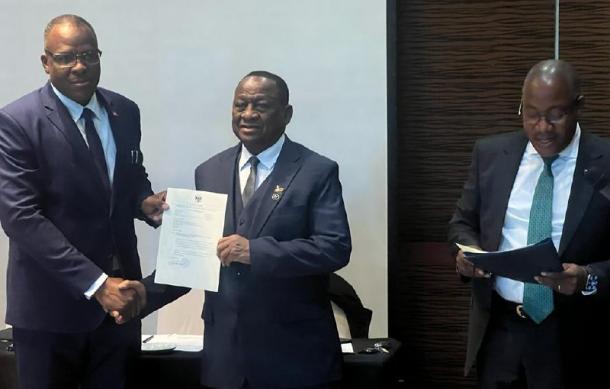
The Ministry of Health and Social Services (MoHSS) has inaugurated the National Drug Control Commission (NDCC) in order to strengthen on-going efforts to ensure that communities are protected from potential harm that is inherent in the trade and use of illicit drugs.
Namibia ratified and acceded to the UN Convention against Illicit Trafficking of Narcotic Drugs and Psychotropic Substances of 1988 in 2009.
Health and Social Services Minister Dr. Kalumbi Shanngula says by 2021, Namibia had seen an increase in the usage of illicit drugs, with cannabis being the most commonly used.
He called on stakeholders to play their part in implementing the National Drug Control Master Plan.
"I wish to emphasise that the question of addressing the problem of illicit drug use must be seen as a priority. This should be done through prevention and treatment interventions. In caring for people's health and wellbeing, there is a need to promote their safety and protection against criminals who prey on vulnerable members of society for personal gain."
The Plan highlights interventions for tackling drug trafficking, such as developing and approving the terms of reference for the plan, ensuring implementation of the nine pillars, and establishing the Namibian epidemiology network on drug use.
The eleven National Drug Control Commissioners will have the responsibility to develop a comprehensive structure for drug control and enhance collaboration.
They have also been tasked with improving resource allocation, evaluating the effectiveness of interventions, and providing a strategic road map for evidence-based drug control strategies.
Another is the advisory role of the Minister on policies and programmes in the field of drug trafficking as well as implementing measures to advance drug demand reduction.





